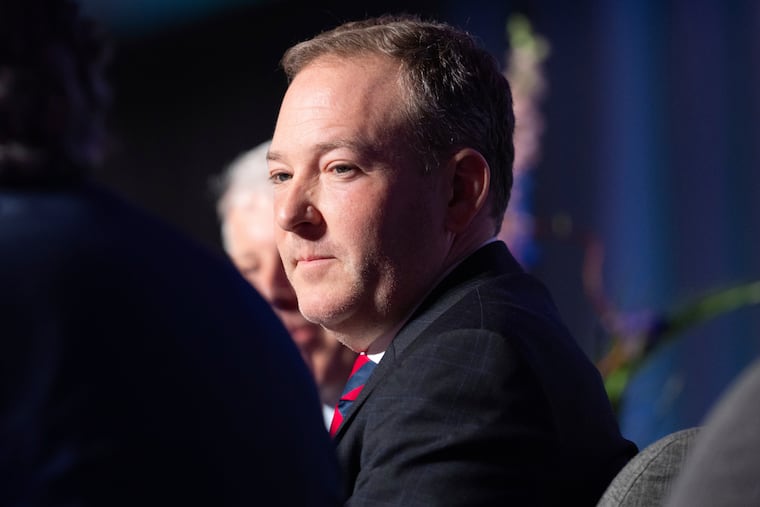Former Clearwater police union leader charged with alerting drug dealers set to face trial.
A former detective from Clearwater, Fredrick Lise, is currently on trial facing serious allegations, including accusations of tipping off drug dealers under investigation by the Pinellas County Sheriff’s Office. Lise, who previously served as president of the Clearwater police union, faces eight felony charges related to his alleged facilitation of activities for a multimillion-dollar drug trafficking organization.
During the opening statements of the trial, prosecutors presented the case that Lise had monitored ongoing narcotics investigations involving confidential informants Matthew Turner and Henry Smith. These informants, who were being compensated by the Clearwater police to aid in drug arrests, reportedly received alerts about law enforcement surveillance from Lise, who was assigned as their undercover narcotics detective “handler.” This conduct raised substantial concerns within the sheriff’s office, leading to an investigation into Lise’s actions.
Prior to his arrest on August 6, Lise had a nine-year career in law enforcement. He was charged with misuse of public office through unlawful disclosures of criminal investigative information, as well as the improper use of two-way communication devices. After posting 0,000 bail shortly after his arrest, Lise was released from the Pinellas County Jail.
According to Sheriff Bob Gualtieri, Lise’s actions posed significant risks, particularly to an undercover detective involved in the sheriff’s office’s operation. The investigation revealed that Lise’s friendship with Turner and Smith contributed to his alleged misconduct. However, Lise’s defense attorneys argued that the characterizations of his interactions with the informants were misleading. They contended that Lise aimed to “build rapport” with Turner and Smith, reframing what appeared to be illicit communications as innocent efforts to enhance cooperation.
In an effort to substantiate their claims, prosecutors referenced a series of text messages in which Lise allegedly assured Turner that he “bought you some time” in relation to ongoing police investigations. These communications were said to have significant implications, potentially influencing the drug dealers’ operational decisions.
As the trial unfolds, key points of contention include the nature of Lise’s relationships with the informants and whether his actions were sufficiently egregious to warrant the charges against him. The case has drawn considerable attention given its implications for law enforcement integrity. Prosecutors assert that Lise violated protocol by maintaining contact with illicit actors after being instructed to halt such interactions.
The trial is expected to continue into next week, with Lise’s legal team maintaining that he had no motive to assist criminals and that the evidence will clarify the misunderstanding regarding his intentions and actions during the investigation. The courtroom proceedings are being closely monitored as they highlight the complexities and ethical considerations surrounding law enforcement practices. The outcome of this trial may have lasting consequences not only for Lise but also for the broader law enforcement community.







